We collaborate with the following wine producers
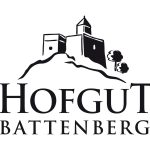
The castle Battenberg has a long history, it was built in 1240 in Battenberg (Palatinate) at a beautiful location with exceptional view across the Rhine valley. Since 1951 the castle and Hofgut is owned by family Schraut who started the production of wine in 2012. The winery Battenberg cultivates 15 hectares of vineyards, different soils and microclimates define the characters of their wines.
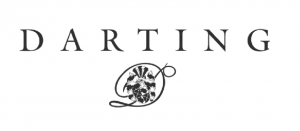
The winery Darting has a history of grape growing dating to 1780. Vineyards in the hills around Bad-Dürkheim are prime sites, planted on south facing slopes of marl and chalky limestone. The winemaker Helmut Darting strongly believes in minimal-intervention winemaking as he feels that “every time you handle a wine, you diminish it.” These practices include fermenting as slow as possible at a cold temperature in stainless steel, using only natural yeasts and avoiding the introduction of oxygen in the winemaking process. Their wines preserve the original grape character and showcase the outstanding vineyards they hail from.
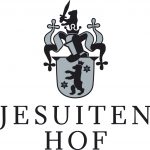
The Jesuitenhof has been a family-owned winery since 1803. From 6.5 hectares of vines at that time, the winery has grown to around 25 hectares today. The most important grape variety is Riesling followed by Pinot Blanc and Pinot Gris for white wine and Pinot Noir for red wine. Through a lot of manual work and a selective hand picking, the quest for quality has been pushed ever further. The vineyards are located in the Dirmsteiner Mandelpfad and Herrgottsacker, Laumersheimer Steinbuckel and Kirschgarten, as well as in the family-owned Jesuitenhofgarten. This location, in the middle of the village, bounded by the former monastery and city walls, is planted with Riesling and Pinot Noir, which represent the top segment in the Jesuit courtyard.
The winery August Kessler is located in Assmannshausen in the Rheingau, in the middle of the UNESCO World Heritage Site. It is member of the Association of German Predicate Wine Estates (VDP). The total vineyard area comprises 33 hectares of vineyards with exclusive VDP.ERSTE LAGEN® and VDP.GROSSE LAGEN®. August Kesseler focuses on the production of high-quality Pinot Noirs and Rieslings and is rated with 4 stars by the “Gault Millau” wine guide.
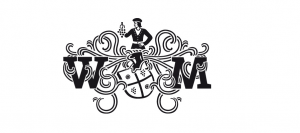
The winery Mehling, located in the picturesque wine village Deidesheim, is producing award-winning, organic wines with focus on Riesling. Growing exceptional wines while promoting a living and breathing ecosystem is the utmost goal of this family-run business. The soils of the vineyards around Deidesheim compose varying proportions of red sandstone, loam and limestone. Mehling-Rieslings successfully represent the unique characteristics of the different soil conditions.
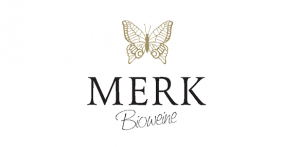
The organic, family-owned wine estate Merk is situated in the Palatinate and run by Gerrit Merk, his mother Rita and his wife Alexandra. It comprises 24 heactares of vineyards. The vines are planted at loamy soil, solely natural fertilizer is applied. The father Walter Merk turned the entire vineyard into ecological/organic production in 1990. The winery is member of the German association of organic products called BIOLAND. This association has established strict regulations of how to cultivate the vineyards and raise the vines. The high quality standards result in yields of 30-40% less than regular wine production. Quality endeavor in harmony with nature is highest aim of the family Merk.
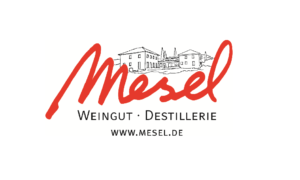
The winery Mesel is located in Germanys second largest wine growing region Palatinate. The brothers Klaus and Stefan Mesel cultivate in total 11 hectares of vines, with Stefan taking care of the 40% red and 60% white grape varieties, and Klaus being responsible for the wine production in the Mesel-winecellar. About 55.000 vines grow on a wide variety of loamy, chalky and sandy soil.
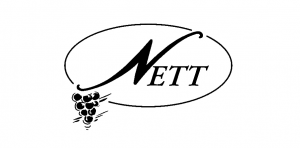
Nett is a family-owned winery in Neustadt, a city located at the German wine route, known for its almond blossom festival as well as the castles surrounding it. The wine tradition of the Nett family dates to 1900. In the early days, the focus was on mixed farming, the production of wine was small but excellent. The strong and continuously increasing demand for their wines lead to an unstoppable shift in priorities: Since 1980 the whole family business focuses on the production of high-quality wines. Nett also cultivates grape varieties rarely found in Germany, like Muscat Rose.

The winery Prinz von Hessen is located in Johannisberg (Rheingau) and lead – as its name suggests – by Donatus Prince and Landgrave of Hesse. It is member of the Association of German Predicate Wine Estates (VDP). The winery has a strong focus on the internationally famous grape Riesling. More than 90% of its vineyards, in total 33 hectares, are covered with Riesling. The wines have a high recognition value not only due to its exceptional qualities but also the branding, including the coat of arms with a red and white striped lion.
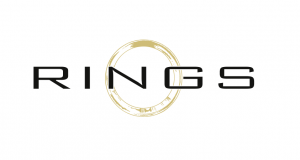
Evolution instead of tradition: While the parent generation ran a farming business that produced both fruit and bulk wine, Steffen Rings laid the foundation for a change in direction with his first vintage in 2001. Starting in 2008, the Rings brothers Steffen and Andy became designated part of the Association of German Predicate Wine Estates (VDP) funding program “Top Talents in the Palatinate”. Since 2015, the young winery is a full member of the VDP and is awarded the prestigious “4 grapes” rating by the Gault Millau wine guide.
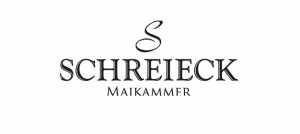
The winery Schreieck is a family-run business uniting all requirements needed to produce striking, high-quality wines: Exquisite vineyard locations, soils rich in humus, cultivation of typical local grape varieties, craftsmanship, reduction of yields to increase quality, latest technology as well as great passion and dedication for wine. The winery is located in Germany’s second largest wine region, the Palatinate.
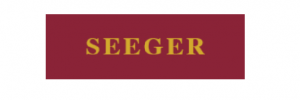
The winery Seeger is located south of Heidelberg, one of Germany’s most beautiful and famous spots due to its charming castle ruins, the oldest university of Germany, nine Nobel prize winners and its baroque old town. Like the city Heidelberg, the winery looks back to a long tradition and history: First documentary evidence of the family Seeger as winemakers’ dates to 1655. The winery is member of the Association of German Predicate Wine Estates (VDP). With 10 hectares, the winery is one of the smaller wine estates in Germany, targeting highest quality and exclusivity.
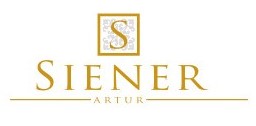
This winery has been founded 50 years ago by Artur Siener in Weyer, a small wine village in Germany’s wine growing region Palatinate. His son Matthias took over 1994 and is running the company together with his wife. The vineyards of the winery Siener are located at the foot of the Palatinate forest, the nutrient-rich soil and mild climate give the wine its distinctive identity.
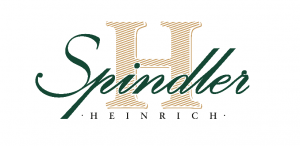
Spindler wines are rooted in the premium vineyards of the renowned wine village Forst in the Palatinate. The family-run business currently cultivates 20 ha of vines, with a strong focus on organic principles. Riesling is grown on over 80% of their vineyards and vinified individually in all of its variants. The parcels are sheltered from rain and wind by the Palatinate Forest. The premium Forst vineyards feature a variety of different rock types: Shell limestone, basalt, colored sandstone. The deep roots of the vines draw up the diverse minerals and store them in the grapes. This shapes the Spindler wines and lends them a characteristic minerality.
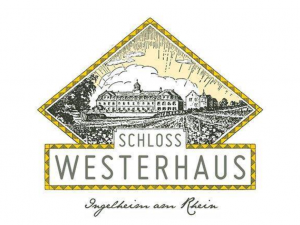
Schloss Westerhaus, a castle from the 16th and 17th century, is located in Ingelheim, Germany’s largest wine growing region Rheinhessen. The castle is domicile of the traditional winery run in the fourth generation by Count and Countess von Schönburg. The winery is member of the Association of German Predicate Wine Estates (VDP). It is particularly renowned for its Pinot Noir. 70% of the vineyards are cultivated with Pinot Noir, Pinot Gris, Pinot Blanc and Chardonnay, 30% with Riesling.
